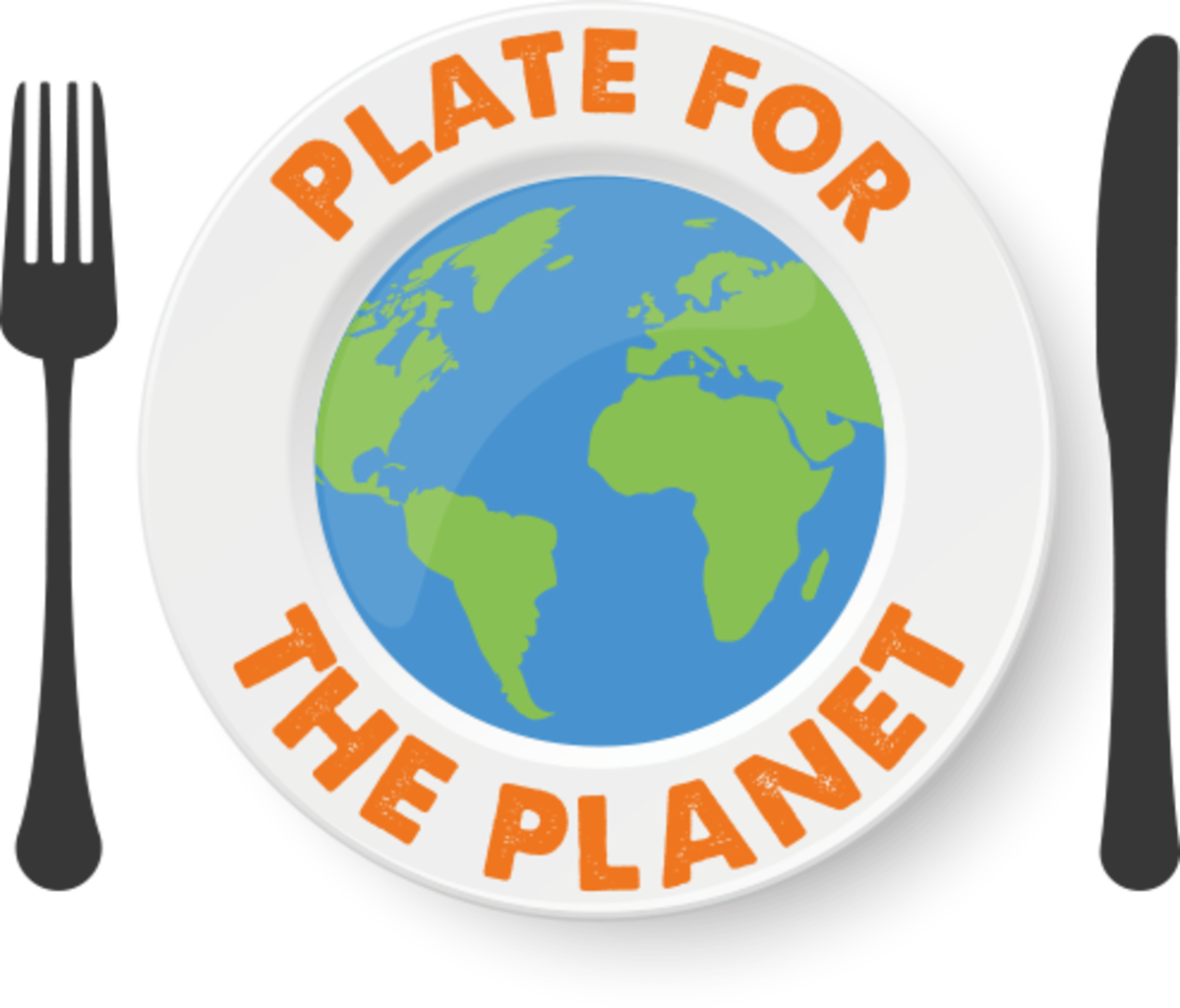Red Meat and Health
New Research
Consumers are becoming more and more aware that high consumption of red meat can be detrimental to their health. A plethora of health risks can be found in health journals, in news reports, and in discussions with their healthcare providers (hopefully). But now even more research has discovered why indulging in excessive red meat can be detrimental. Below is new evidence about links to red meat consumption and Alzheimer’s disease, followed by the other risks consumers should all be aware of.
Red Meat

Links Between Red Meat and Alzheimer’s
Red meat is full of iron, and a diet high in it can lead to iron build-up in the brain. According to a study published in the August, 2012 issue of the Journal of Alzheimer’s Disease, researchers at UCLA found excess iron in the brain may lead to the development of the disease.
Scientists examined the hippocampus and thalamus regions of the brains of 31 patients with Alzheimer’s and 68 healthy control subjects. MRI results revealed that in the hippocampus region, the interaction of iron with amyloid proteins resulted in their toxicity. They have long believed the amyloid proteins were the trigger for the disease, but they knew the presence of the proteins alone didn't provide a complete understanding of the disease. Iron is the missing link. Scientists concluded the disease is caused by a deadly combination of the amyloid proteins and high levels of iron, which combined, create a toxic environment in the brain.
Red Meat Consumption
Will you cut down on the amount of red meat you consume based off this new research?
Red Meat and Cardiovascular Disease
For years, connections have been made between the consumption of red meat and cardiovascular disease. It was often assumed the disease was caused by high levels of saturated fats and cholesterol found in red meat. But a recent study found that gut microbes break down a compound found in the meat known as carnitine, which in turn produces trimethylamine-N-oxide (TMAO). Fat build-up in arteries can lead to atherosclerosis, which in-turn can lead to a heart attack. TMAO has been associated with this fat build-up and atherosclerosis.
Huge Portions

Decrease Your Risk
- Eat less red meat. When you do eat red meat, stick to moderate portions.
- Increase the amount of fish and other seafood you eat.
- Make plant foods the center of your plate at most meals. This includes vegetables, fruits, beans, legumes, and whole grains.
- Vote with your fork! By choosing other alternatives, you let the food industry know you are fed up with the heavy meat consumption.
Red Meat and Colon Cancer
Numerous studies show that high consumption of red meat can increase the risk of colorectal, or colon cancer. Adversely, consumption of poultry and fish can reduce the risk of colon cancer. In a pair of massive US and European studies done in 2005, researchers found participants free of the disease who consumed five ounces or more of red meat daily were about a third more likely to develop colon cancer than those who consumed less than an ounce of red meat per day on the average. Consumption of chicken by the participants didn't seem to affect their risk one way or the other, but high consumption of fish decreased their risk by about a third.
Types of Red Meat
Beef
| Lamb
| Venison
|
|---|---|---|
Bison
| Pork
|
Yes, pork is considered a red meat, despite the pork industry labeling it as "the other white meat."
Red Meat and Type-2 Diabetes
Recent research discovered just three extra servings of red meat each week can increase the risk of Type-2 Diabetes by 50 percent.
There has always been a link between the consumption of red meat and the disease, despite Diabetes being associated with high carbohydrate and sugar consumption.

Other Health Risks
Despite the fact there have been only three reported cases of Mad Cow Disease in the United States, the disease is still a risk for humans. Scientists believe there will eventually be more cases reported.
Also, most commercially raised livestock are pumped full of hormones and antibiotics. Whereas the FDA has approved the use of these chemicals to produce meat and dairy for consumers, the tests used to discern their safety have never been paired with other chemicals in the environment, including antibiotics and other chemicals consumed by humans. Chemicals in the air, water, and other foods could react negatively with the antibiotics and hormones given to livestock, scientists believe
Live Better
With all of the above data compiled by researchers and scientists over decades of research, consumers need to be aware and cautious of their red meat consumption. At the behest of the cattle and pork industries, American consumers have been nearly force-fed their product for decades, at low prices and high availability. With an increase in plant food and seafood consumption, consumers can increase their chances of living longer, healthier and better quality lives.
Sources
- Excess iron linked to Alzheimer's disease
by Amel Ahmed @amelscript - Red meat and colon cancer
- Red Meat-Heart Disease Link Involves Gut Microbes - NIH Research Matters - National Institutes of He
The link between red meat consumption and heart disease, a study suggests, may stem from gut microbes breaking down carnitine, a compound found in red meat. - How Red Meat Affects Your Health: 7 Reasons To Avoid Beef
Is that hamburger really that bad for you? The following warnings have been issued, they amount to seven good reasons to avoid red meat, but in the end it’s up to you.
© 2013 Chad Bunch








